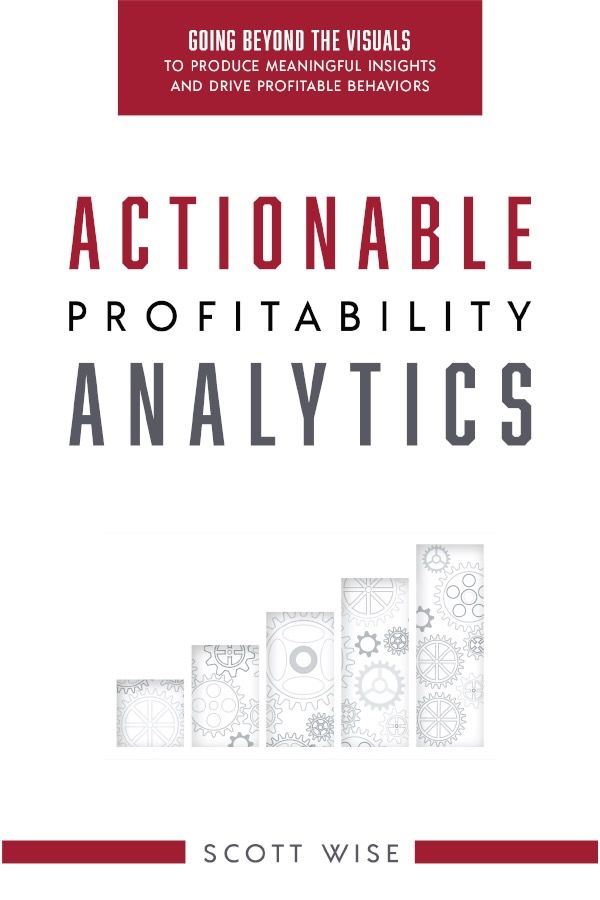AI as a Service: The Future of Finance Transformation for CFOs?
Mar 21, 2025
The role of CFOs has evolved beyond financial reporting and compliance. Today, CFOs are expected to drive business strategy, optimize operational efficiency, and accelerate digital transformation. Artificial Intelligence (AI) as a Service (AIaaS) has emerged as powerful tool to accelerate finance transformation, enabling finance teams to provide actionable analytics, automate routine processes, and improve financial forecasting accuracy.
However, despite the clear benefits of AI, many organizations struggle to operationalize AI effectively. CFOs often face challenges such as siloed data, lack of skilled AI talent, and difficulty scaling AI projects beyond small pilots. The solution? Partnering with a specialized solution services provider that offers AI & Analytics as a Service, tailored specifically for accelerating their finance transformation journey.
The Challenges of AI Adoption in Finance
- Data Silos and Inconsistent Data Quality
Finance teams often rely on data from multiple sources—ERP systems, spreadsheets, CRM platforms, and third-party financial services. Without a unified data strategy, AI tools struggle to provide accurate insights, leading to inefficiencies and unreliable forecasts. - Limited AI Expertise in Finance Teams
Many finance organizations lack the in-house expertise needed to develop, deploy, and manage AI solutions effectively. Hiring AI specialists is costly, and traditional IT teams often lack the domain-specific knowledge required to build AI solutions for the Finance function. - High Cost of AI Implementation and Maintenance
Building AI capabilities in-house requires significant investments in infrastructure, software, and talent. The total cost of ownership (TCO) for AI projects can be prohibitive, especially when organizations lack the necessary skills to maintain and scale these solutions. - Failure to Scale AI Beyond Pilot Projects
Many AI initiatives start as Proof of Concepts (PoCs) but fail to reach enterprise-wide deployment. CFOs often struggle to integrate AI models directly into their processes, preventing the full realization of AI’s potential.
Why AI aaS with a Services Provider may Best for CFO's
A specialized AI & Analytics as a Service provider for finance offers CFOs a strategic advantage to accelerate their digital transformation and AI adoption simultaneously, at a lower total cost of ownership. Here’s how:
- Faster AI Deployment and Scalability - By leveraging an AI & Analytics as a Service model, CFOs can bypass the lengthy and costly in-house development process. Managed service providers (MSPs) offer pre-built AI models and analytics platforms that can be quickly integrated into existing finance operations. With a structured solution services platform, finance teams can realize value faster by:
- Automating financial reporting and management analytics
- Improving cash flows and working capital management.
- Optimizing planning and forecasting with accurate predictive analytics.
- Cost Efficiency and Lower TCO - Instead of investing in expensive AI infrastructure and talent, CFOs can adopt a subscription-based or pay-per-use model. This approach significantly reduces upfront costs while ensuring access to leading AI capabilities. Key cost-saving benefits include:
- Reduction in IT and infrastructure expenses.
- Automated processes that lower operational costs.
- AI-driven insights that improve financial decision-making, leading to higher ROI.
- Access to Specialized AI and Finance Expertise - A managed service provider specializing in finance transformation understands the nuances of financial operations. By partnering with such a provider, CFOs gain access to:
- AI-powered financial planning and analysis (FP&A) models.
- Advanced analytics solutions.
- Risk mitigation tools powered by machine learning.
- Data Unification and Governance - Partnering with an AI & Analytics provider helps CFOs establish a strong data foundation and overcome legacy data silos and quality challenges. Fit-for purpose data pipelines are pre-built to ingest and process granular transaction data from ERP and core operational systems. This provides CFOs with a new modern data infrastructure that:
- Centralizes financial data management for more accurate financial modeling.
- Provides AI-powered data cleansing and validation automations.
- Improves data governance, stakeholder confidence, and credible insights.
- Continuous AI Enhancement and Future-Proofing - The pace of change in AI is relentless, solution providers can continuously update and optimize AI models based on new data, industry trends, and technological innovations. Unlike static system and software implementations, this approach ensures:
- Continuous learning and optimization of financial models.
- Agility to change with dynamic market conditions and technology trends.
- A future-proof AI strategy that rapidly evolves with business needs.
Key Benefits for CFOs and Finance Teams
- Accelerated AI Adoption – Reduce implementation time with pre-built AI models.
- Lower Total Cost of Ownership – Shift from CapEx to OpEx for AI investments.
- Enhanced Decision-Making – Leverage AI-driven insights for strategic finance decisions.
- Improved Operational Efficiency – Automate repetitive tasks to reduce costs.
- Scalable AI Solutions – Expand AI use cases across finance functions seamlessly.
The CFO’s Transformation Alternative
The future of finance is AI-driven and CFOs who embrace AI as a Service strategy can gain a significant competitive advantage. By partnering with a finance-specialized solution services provider, organizations can accelerate AI adoption, reduce costs, and enhance financial decision-making without the burden of major transformation projects or hiring specialized high-demand talent.
CFOs can either continue navigating the complexities of AI transformation alone - facing high costs, slow implementation, and limited scalability, or look into solution service providers to accelerate transformation, reduce risk, and unlock the full potential of AI-driven finance. The choice is clear.
Related Reading: Data is the new Oil in the Age of AI



